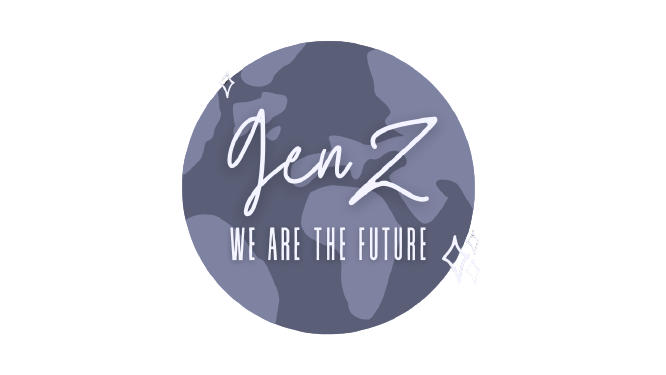Is Astrology Real?
In the ancient times astrology and astronomy were two extremely sought after fields. There was something so unique and mystical about the study of celestial bodies and beyond. Now, centuries later the field of astronomy faces varying opinions.
Many critics believe that it is a pure myth and wonder how it has stuck around for so long. After all, it is a bit surprising that in an age of genetic sequencing and powerful telescopes, a system of divination conjured up in the Levant thousands of years ago is still alive and well.
However, in times of anxiety and uncertainty, astrology has proved to be a solace to many.
But how much are we to believe of what we find online?
Is there any actual science behind astrology?
Astrology is the belief that the alignment of stars and planets affect every individual’s mood, personality, and environment — and it all depends on when the individual was born. In astrology, personalized horoscopes are printed by birth date and make vague predictions — generally about the love life, success, and health of people under the same horoscope sign.
In some ways, astrology may seem scientific. It uses scientific knowledge about heavenly bodies, as well as scientific sounding tools, like star charts. It is supported by evidence in the form of claims of those who feel astrology has successfully worked for them.
However, testing the validity of astrology isn’t exactly straightforward because astrologers themselves are conflicted since the scientific mechanism behind astrology has never been proven. Modern practitioners believe that it should be viewed as a tool for introspection as opposed to a form of science.
There may not be concrete results, but this is a way that astrology can latch on to the popular self-care bandwagon. It has promoted itself this way, and the mass appeal is understandable. It provides its fandom with a sense of community and it can feel empowering for minorities who have been oppressed by long-standing institutions.
And it hasn’t been fully alienated from science either. Surveys show that astrology’s biggest draw is for people with an intermediate level of scientific understanding. Astrology has the trappings of science: it makes predictions, relies on calculations, and deals in systems and structures.
But the supposed lack of concern on the part of astrologers had led philosopher of science Paul Thagard to declare astrology a pseudoscience in 1978. He believed that because its community had refused to see things from different aspects and had not tried to dig deeper for explanations, astrology had nowhere near made the progress that alternative theories like psychology had.
Even now, when astrology is growing in popularity day by day, its scientific base is weaker than those of its counterparts. A small 1982 study by the psychologist Graham Tyson found that the primary reason for people to consult astrologers was stress “linked to the individual’s social roles and to his or her relationships.” As Tyson wrote, “under conditions of high stress, the individual is prepared to use astrology as a coping device even though under low-stress conditions he does not believe in it.”
The predictions of astrology give us a sense of control, when we need it most. Even individuals skeptical of astrology can start to warm up to it when it produces positive descriptions of themselves. It is simply how the human brain is wired. Critics have also claimed that astrology can be unhealthy for our minds and that there are more grounded ways of dealing with uncertainty, like mindfulness practice and engaging in activities that put you in a better mindset.
Although astrology can seem like a science because it tries to explain something from the natural world, it doesn't have a verifiable mechanism, it hasn't been successfully tested, and its theories are not backed by any evidence.
Astrology may have started out as a protoscience, but today it has been reduced to a pseudoscience. This has largely been due to its lack of progress and refusal to deal with a large body of critical scientific studies
However, Gen Z and Millenials have brought this ancient practice into the limelight once again and will perhaps be able to augment it in the future.
SOURCES
THE NEW AGE OF ASTROLOGY [The Atlantic - Julie Bleck]
How Astrology Escaped the Pull of Science [McGill University]
Astrology doesn’t work and never worked. Here’s why [ZMEScience - Mihai Andrei]
Astrology: Is it scientific [Understanding Science - Berkeley]


